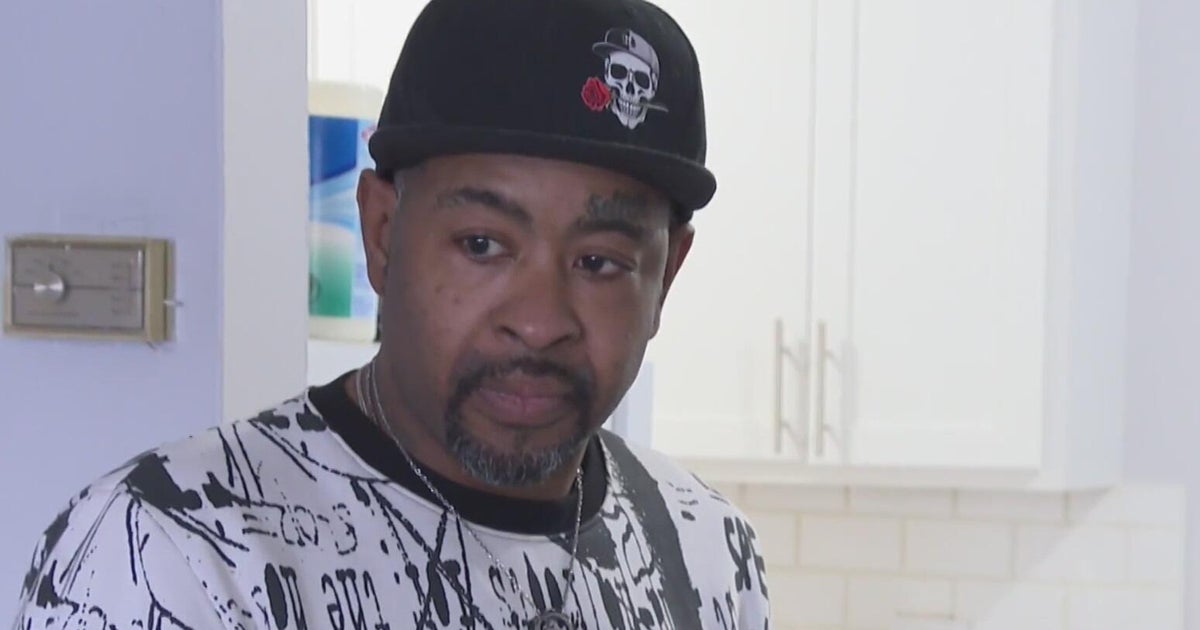Harlem transplant patient raises awareness about heart health during pregnancy
Harlem has New York City's highest rate of cardiovascular disease and high rates of maternal mortality.
One mother says her decision to keep speaking up for herself may have saved her life.
Harlem mother diagnosed with postpartum cardiomyopathy
Nafisha Moore's daughters – Tajae, 21, and Liayni, 15 – are at the heart of everything she does. A month after her youngest was born, however, she started feeling short of breath and went to the doctor for what she thought was an asthma flare-up.
"But once I get there, they're like, 'OK, you're not having lung issues,'" Moore said. "And the doctor pressed his hands on my stomach, and he said, 'Does this hurt?' And I said, 'Yes,' and he said, 'Unfortunately, I think it may be your heart.'"
Moore's Harlem apartment happened to be a few blocks away from the nationally ranked heart hospital at Mount Sinai Morningside, where she was diagnosed with postpartum cardiomyopathy.
"In women of color, a lot of times people may not be attuned to recognizing some of these symptoms," said Dr. Kiran Mahmood, cardiologist and director of Heart Failure at Mount Sinai Morningside.
Through several trial concoctions of medications, doctors determined Moore needed her first major surgery to install a defibrillator.
"I was more active, paying - very much so - attention to longevity," Moore said. "You have a family. You want to be there for them."
African-American patients often need more specialized care, doctor says
In 2023, however, Moore's other organs started to fail. She and her doctors discovered something more substantial was at stake.
"This happens a lot of times in African-American patients," Mahmood said. "They go on to need more specialized care, including heart transplantation."
"I was supposed to get a heart pump," Moore said, "and that would have kept me bedridden, of course, but it would help me stay alive. The day that I was supposed to have the surgery, the doctor comes into the room. He said, 'Oh, we have a heart for you.'"
One year after receiving her new heart, Moore feels better than ever.
"Being able to go up steps, laughing and not needing to cough. It's so many simple things," Moore said, smiling. "Having a medical team that doesn't see you as a chart number, it just makes a difference."
Moore just recently learned of her family history of heart disease, knowledge which may have helped her before she developed problems during pregnancy. Now the adult education counselor looks forward to more years spreading awareness and ensuring her daughters, and new granddaughter, stay heart healthy, too.
Family history of heart disease increases the risk of postpartum cardiomyopathy like Moore's. That information allows doctors to make preventive decisions before life-threatening conditions develop.
Have a story idea or tip in Harlem? Email Jessi by CLICKING HERE.








